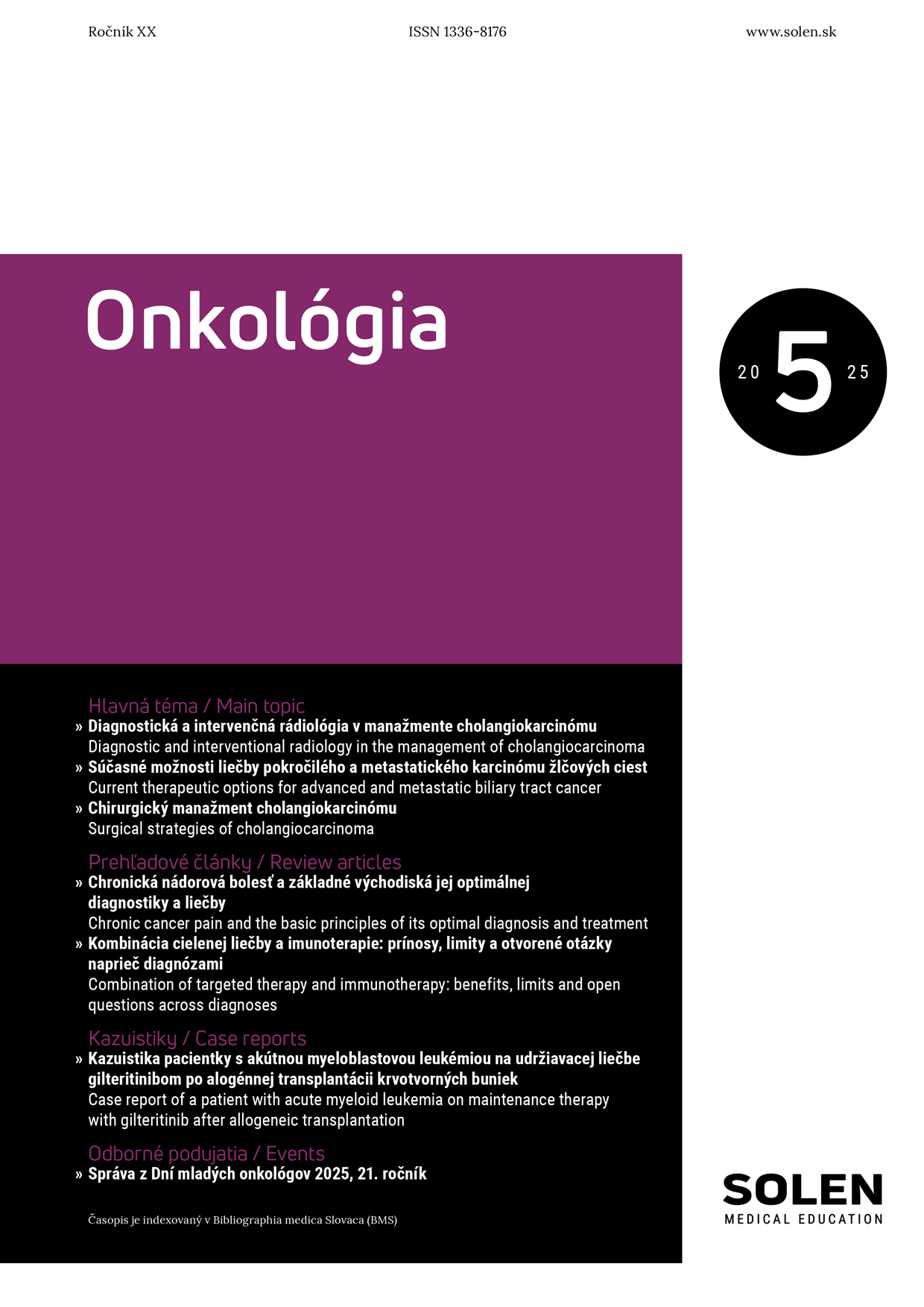Pediatria pre prax 6/2009
Neurologic symptoms of mitochondrial diseases
Mitochondrial diseases (MD) are hereditary metabolic disorders affecting respiratory chain and oxidative phosphorylation (OXPHOS) in mitochondria. They cause primary energy deficit with a predominant impact on all functions and processes of evolution requiring a lot of energy. MD are chronic, progressive and very heterogeneous multisystem diseases, they may affect humans of all age and every organ of the body, and represent about one third of all hereditary metabolic disorders (3). Symptoms of these diseases are expressed predominantly and constantly by damage of the function of the peripheral and central nervous system and of the muscles. The clinical picture is characterized by affects on muscles and peripheral nerves, by epileptic seizures, lag psychometric abilities or regression in evolution, ischemic attacks, migraine, dyskinesias and other. Heterogeneousness of MD is reflected also in their genetic transport – sporadic or congenital mutations of nuclear DNA (nDNA) or mitochondrial DNA (mtDNA) may be present.
Keywords: mitochondrial diseases, neurologic symptoms, heterogenetics, diagnostics, childhood.

















